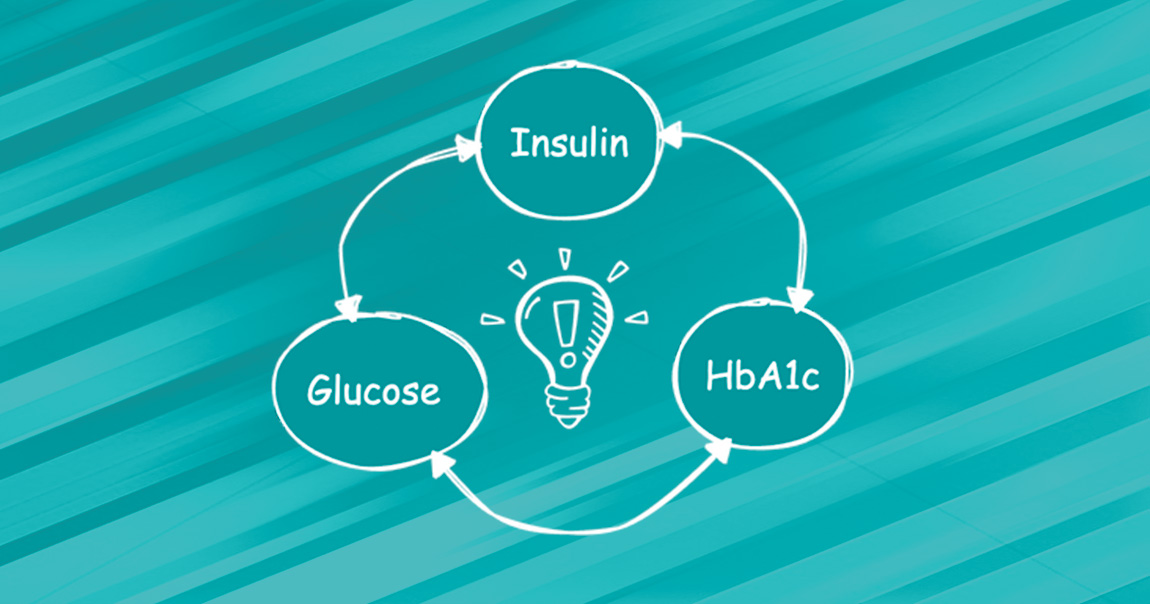

There’s a lot of misconception around insulin, glucose, HbA1c, and what these markers tell you about your metabolic, and overall health. The goal isn’t always, “the lower the better”. Grab your most-recent panel, and I’ll show you how to make sense of your blood work!
We’ve talk about a lot of awesome things in this blood work series:
- What blood work is measuring and why it’s a CLEAR window into your health
- The sorts of answers you can look for in your basic blood work panel using functional blood chemistry
- How to spot parasite patterns in your basic blood work (they’re more common than you think!) – also, if you found a parasite pattern and you’re totally freaking out this will help
- How to spot dehydration patterns
Now, let’s talk about BLOOD SUGAR. You’ll find an audio message below with all the things, but I wanted to cover some key items before we get there:
First, you need to understand glycemic variability…


Do you see what I see? Glycemic variability causes “normal” HbA1c levels. That’s what you should take away from this. And, glycemic variability is not good. Basically, this means that your glucose level is highly erratic, not stable, yet your HbA1c is fine.
Listen in to the whole convo here:
We also cover a bit about globulin as an awesome marker for digestive health! Hope you enjoy it.

